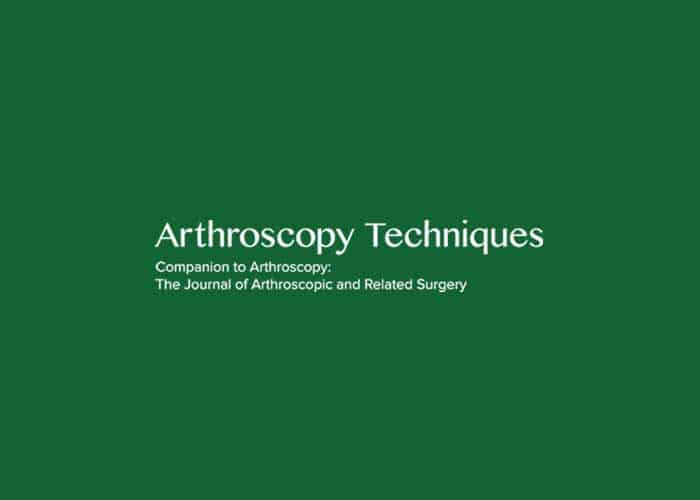
Authors:
Peter J. Millett, M.D., M.Sc., David L.Bernholt, M.D., Lucca Lacheta, M.D., and Brandon T. Goldenberg, B.A.
Abstract:
Posterior shoulder dislocations often are associated with an impression fracture involving the anterior humeral head known as a reverse Hill–Sachs lesion. These injuries can result in significant bone defects that require surgical management to prevent them from engaging the posterior glenoid. We present a modified arthroscopic, knotless McLaughlin procedure (tenodesis of the subscapularis tendon into the bone defect) for the treatment of small-to-medium-sized, engaging Hill–Sachs lesions. The knotless fashion aims to eliminate potential problems associated with knot tying, such as knot migration, knot impingement, and chondral abrasion.
For the complete study: Arthroscopic Knotless Modified McLaughlin Procedure for Reverse Hill-Sachs Lesions
